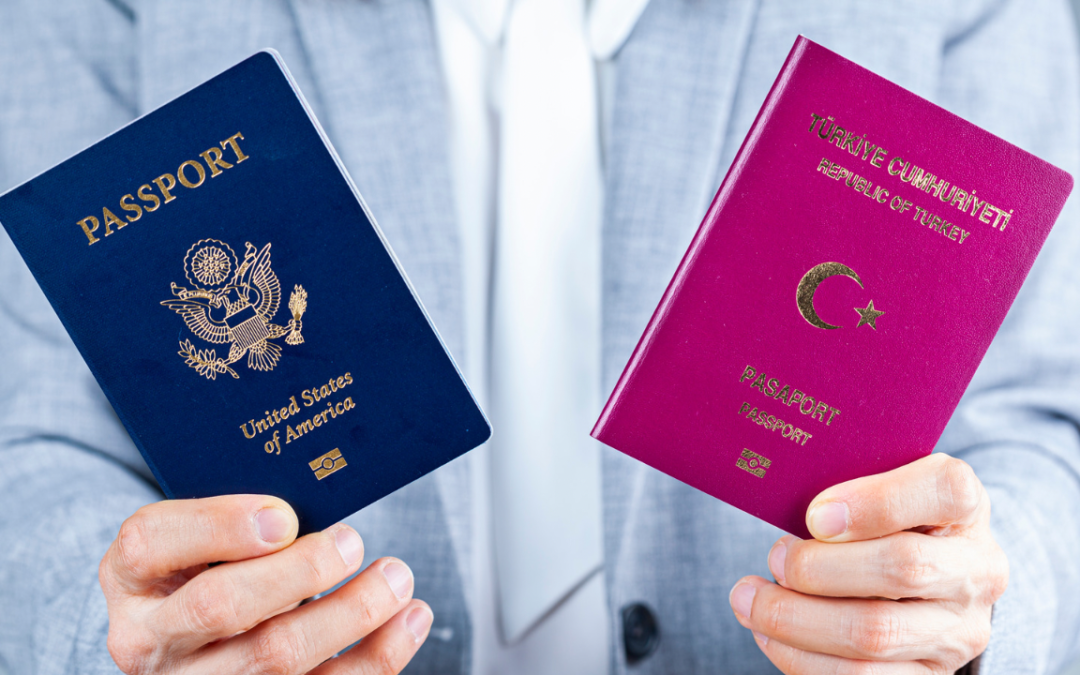Relocating to a new country is an exciting yet complex journey, and one of the key considerations is whether you should pursue dual citizenship. Dual citizenship allows individuals to hold citizenship in two countries simultaneously, which can offer significant benefits but also comes with certain responsibilities. Here’s what you need to know when considering dual citizenship as part of your relocation process.
1. Understanding Dual Citizenship
Dual citizenship means that a person is legally recognized as a citizen of two countries. This status typically arises through birth, marriage, or naturalization, but the rules vary widely depending on the countries involved. Some nations allow dual citizenship, while others require individuals to renounce their previous nationality when they acquire a new one.
2. The Benefits of Dual Citizenship
- Travel Freedom: Dual citizens can enjoy the ability to travel with the passports of both countries, which may provide greater access to more destinations and visa-free travel options.
- Economic Opportunities: Dual citizenship can grant access to the job market, educational opportunities, and social benefits in both countries, enhancing your financial and professional prospects.
- Healthcare and Social Benefits: Some countries offer free or highly subsidized healthcare to their citizens, which could significantly improve your access to medical services.
- Cultural Integration: Holding dual citizenship can make it easier to assimilate into a new culture while retaining strong connections to your home country, offering the best of both worlds.
3. The Challenges of Dual Citizenship
- Tax Implications: Some countries impose taxes on worldwide income, meaning you may be required to file and pay taxes in both countries, depending on the tax laws of the countries involved.
- Military Service: Certain countries may require dual citizens to serve in their national military forces, which could be a significant commitment.
- Legal Complications: There may be complex legal considerations, including navigating different laws related to inheritance, property ownership, and legal residency.
4. How to Apply for Dual Citizenship
The process to obtain dual citizenship varies greatly depending on the countries involved. It often involves a legal process of naturalization, proving your ties to both countries, or fulfilling specific residency or ancestry requirements. Be sure to check the regulations of both your current and potential new country to ensure a smooth process.
5. Renouncing or Losing Citizenship
It’s important to note that in some countries, acquiring a new nationality may automatically result in the loss of your original citizenship. This is particularly true in countries that do not recognize dual citizenship. Be prepared to weigh the benefits and drawbacks before deciding whether to retain your original citizenship or renounce it in favor of your new country.
Conclusion
Relocating to a new country can be a life-changing experience, and dual citizenship offers numerous advantages, including increased mobility, access to social benefits, and enhanced personal and professional opportunities. However, it’s crucial to consider the tax, legal, and military obligations that may come with it. If you’re contemplating dual citizenship as part of your relocation, it’s always a good idea to consult with a legal expert to ensure that you fully understand the implications.
At Loyalty Travels and Logistics Ltd., we understand that relocating to a new country can be a daunting process. Our experienced team is here to help you with all aspects of international relocation, from visa processing to logistical support. Let us guide you through a smooth transition with our comprehensive relocation services. Reach out today and discover how we can make your relocation hassle-free!

